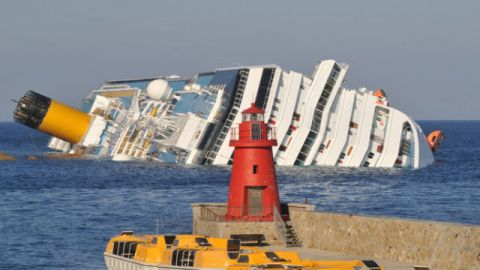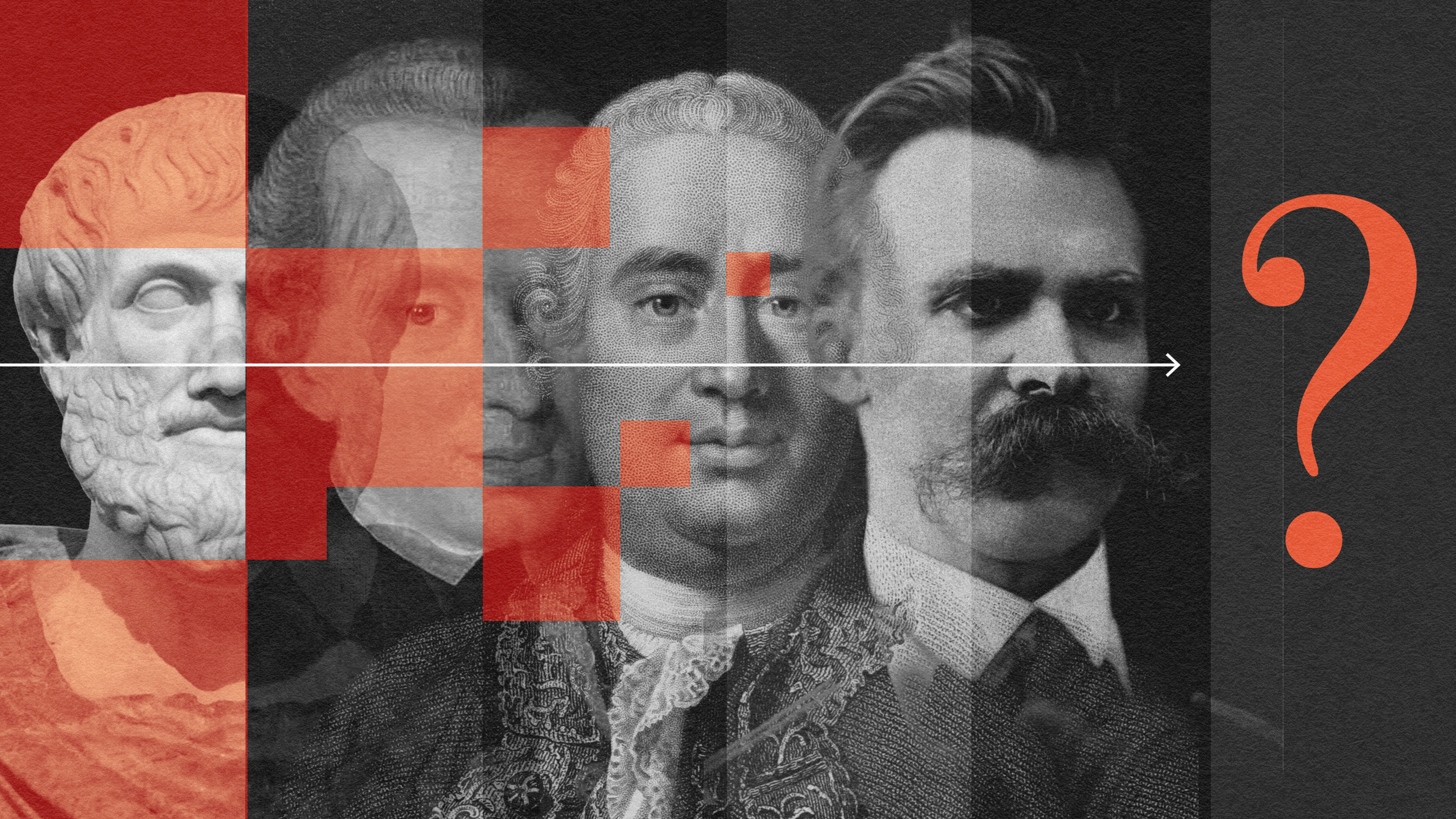How Hubris About Risk Sank the Costa Concordia…and Threatens Us All

(The following piece was written Sunday evening. There is news since then about what might have led to the sinking, news that chillingly bears out the thoughts offered in the essay. I have added that fresh news at the bottom of the piece. I suggest it supports the thesis.)
Amid smiles and optimism they boarded the Costa Concordia for a luxurious Mediterranean cruise, eating and drinking and planning their upcoming visits at various ports of call with little or no concern for the unimaginable risk that the massive modern ship could sink. Yet days later, during dinner, the ship shuddered as it hit a rock just off the Italian coast and it now lies half submerged, with several dead and more missing. How could this happen?
Despite its modern technology and equipment, and despite the fact that it was traveling in well-charted waters and calm seas, the Costa Concordia suffered precisely the kind of misfortune from which the word risk itself arose thousands of years ago…straight out of Homer’s The Odyssey…something hidden underwater that can sink ships. Only the hidden obstacle that caused this tragedy was not the rock that gouged the Costa Concordia’s hull. It was the risk we all face because we pretend we’re rational, and ignore all that we’ve learned about the subjective way we perceive risk in the first place, a system of cognition and emotion that sometimes results in misperceptions of risk which lead to dangerous, and occasionally deadly, mistakes.
Homer referred to the danger of ships hitting hidden roots in the sea with the word rhizikon or rhiza.The meaning grew to include rocks or reefs or sandbars or anything else underwater that could sink a ship unlucky enough hit it. From that arose the Latin word risicum or riscus. As other languages developed their words for ‘the chance that something bad could happen’ they relied on that root, and from what Homer feared – just what happened last weekend – English has the word ‘risk’.
Only, that kind of thing isn’t supposed to happen to us anymore, right? After all, we’re so well informed. We’ve learned so much that can help us stay safe. We have so much knowledge that lets us apply our intellect and wits to outwit the possibility of this and so many other kinds of danger. Think of all the information and advanced tools at the disposal of the Costa Concordia, the charts and computers and sonar to identify precisely where the bottom was, the navigational equipment with which the crew could steer the huge vessel with ballet-like precision. We have come to rely on such depth of knowledge to help us stay afloat in this risky world, in so many ways.
But that knowledge has brought with it a new and unseen danger. We have grown not only more informed, but more confident that our vast knowledge, and the superior intellect that produced it, will protect us. We feel empowered…in control. We have cloaked ourselves in a Cartesian faith in the power of reason, a hubris that blinds us to the huge hidden riscus posed by the very nature of human risk perception itself.
Much research has taught us that the cognitive system we have evolved to recognize and respond to risk is subjective. It applies both the facts and how those facts feel to the task of keeping us safe, and between the two, the feelings often have more influence on our judgments than the cold hard data. Risk perception is a blend of reason and gut reaction, intellect and instinct, and sometimes what feels right, isn’t, and we make mistakes. Just ask the families of the people dead or missing in the Cost Concordia tragedy.
If everything necessary to avoid that sinking…all the equipment and technology and knowledge…was available, what happened? The details will come out in the weeks and months and lawsuits ahead, but the cruise line company itself is already conceding it was probably ‘human error’ by the captain. In maritime terms, that might mean that navigational charts were misread, a wrong course was chosen, that incorrect orders were given or orders were improperly carried out. But the root cause of these human errors will almost certainly have arisen from the way our subjective risk perception system can produce judgments that fly in the face of the evidence, and even more, from our failure to recognize this foible of human cognition and apply what we know about it to the challenge of keeping ourselves safe.
It’s not as though we don’t understand how this system works. As much as we have learned about the physical world that helps us protect ourselves, we have also discovered a great deal about the psychology of how our perception of risk operate. As much as we know how to create sensors to find rocks below the surface and build ships that can avoid them, we know how the brain works when it senses potential danger, and why this system sometimes makes mistakes. The study of risk perception has found, for example, that the feeling of control makes any risk less worrisome. A sense of control often feeds a false sense of safety, which may well explain why, according to his company, Captain Francesco Schettino apparently made the human error of sailing too close to the coast.
In other words, we know how our risk perception system works and how it can sometimes get us into trouble. (See “How Risky Is It, Really?”) We can use those insights to set up systems and policies that account for these innate foibles. But mostly, we don’t, because we think we’re smart enough…rational enough…that we can ultimately make the right decision, if we have enough facts. It’s remarkable that as we sail the seas of our daily lives trying to use what we know to avoid danger, that we are ignoring this particularly vital body of knowledge, critical wisdom that could help us steer an even safer course. The sinking of the Costa Concordia is yet another tragic example of our truly ignorant and irrational failure to use what we know about risk perception to protect ourselves from the riscus that arises because we won’t admit that we are not as smart as we think, which leaves us imperiled by a subjective system for detecting and responding to risk can be a risk in and of itself.
UPDATE as of Tuesday morning, from USA Today: “The cruise line operator has said Schettino strayed from the ship’s authorized course into waters too close to the perilous reef. The navigational version of a “fly by” was apparently a favor to the chief waiter who is from Giglio and whose parents live on the island, local media reported.”
The death toll is up to 11, and 24 people are still missing.
As I said…hubris about risk is a risk in and of itself, and we all remain at greater peril until we recognize and account for this psychological rhiza in the choices we make as individuals and the risk management policies and systems we put in place as organizations and societies.





